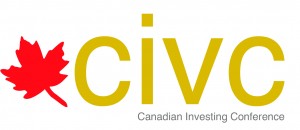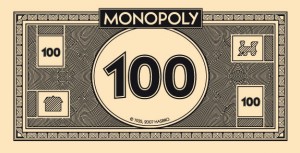With only 50 days left I have been asked to step up as Chairman for the Canadian Investing Conference (CIVC). Due to personal reasons, our previous chair has had to step down, and has left me with quite the challenge. In the last week CIVC has gone through an extreme makeover – the only thing that has remained constant are the keynote speakers and workshop leaders.
The focus of CIVC is investing in a modern society. Due to recent ethical misconduct throughout the industry, many people believe that investment management strategies may need to change. A range of topics will be covered including ethical investing, environmental investing, sustainable investing, future trends, investment strategy, and others. The CIVC intends to stress the importance of global business collaboration within the industry and make a positive difference in the marketplace.
After all of these changes, our marketing strategy has completely changed. We have had to rework our budget and allocate money towards different marketing promotions. Due to such a short time between the event and today, the VP Marketing Creative and I have spent the last 3 days getting quotes and drafting strategies, designs, and different ways to attract students. After marketing this conference all summer at a different venue with a different agenda, I am now faced with the struggles of marketing a similar product with an already established brand.
Tickets go back on sale Monday Sept 27th and will be available for purchase online and in CA Hall of the Henry Angus building.


 This has caused thousands of flights to be cancelled.
This has caused thousands of flights to be cancelled. 








 “We do not find support for the argument of host city backers that the Olympics delivers positive economic benefits,” said Tsur Somerville of the Sauder School of Business.
“We do not find support for the argument of host city backers that the Olympics delivers positive economic benefits,” said Tsur Somerville of the Sauder School of Business. Retailers are constantly faced with a major issue – consumer choice. Being able to tailor ones products to capture consumer’s choice is vital in both marketing and manufacturing. If you do not know what the consumers want, how will you be able to run an effective company?
Retailers are constantly faced with a major issue – consumer choice. Being able to tailor ones products to capture consumer’s choice is vital in both marketing and manufacturing. If you do not know what the consumers want, how will you be able to run an effective company?